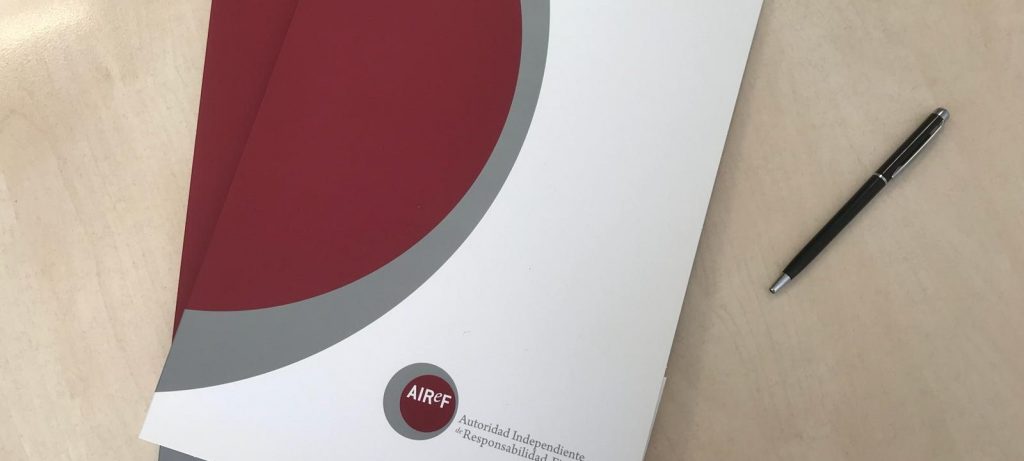
The Independent Authority for Fiscal Responsibility (AIReF) has asked “Comisiones Obreras” (CCOO), one of the Spanish main worker’s unions, through its Communication Office, to rectify the communiqué published yesterday in relation to the position of the public finance supervisory body on the unemployment rate, as “at no time have we questioned the employment statistics”.
In a first statement issued yesterday afternoon, the union said that AIReF president Cristina Herrero had made certain statements regarding the unemployment rate, which is not true, as no such statements have ever been made.
CCOO corrected this first error, because it was untrue, and partially rectified the first communiqué with a second one, in which, incorrectly, it attributes to AIReF as an institution certain statement, “as reported in several media”, such as that “the Independent Authority for Fiscal Responsibility has stated that the unemployment rate of 12.9% no longer reflects well how many and what type of unemployed there are”.
AIReF has never questioned the validity of the labour market statistics compiled by the National Statistics Institute (INE) or by the State Public Employment Service, which are compiled with rigour, following the strictest criteria of quality, international comparability and checked by organisations of recognised prestige.
On 29 March last, in the context of the course given by the Association of Economic Information Journalists (APIE) and AIReF on accessing and handling databases, AIReF introduced the concept of “labour factor underutilisation indicators”. These indicators, based on the INE Labour Force Survey, are commonly used by analysts and statistical agencies as alternative measures to approximate the slack in the labour market. These measures attempt to approximate the transformations over time in the labour markets regarding aspects such as the importance of involuntary part-time employment or the use of ETEs, among other elements. In no case did AIReF link the evolution of these indicators to the labour reform, nor did it doubt the reliability of the official statistics.
The institution does consider it relevant that these “indicators of labour underutilisation” be considered when analysing the labour market, from a technical perspective, as is already done in other countries and institutions, and that this knowledge be passed on to journalists.
AIReF has no interest in entering controversy with any public or private body, but it cannot accept any misrepresentation of the truth about its work and statements. True to one of its guiding principles, transparency, AIReF published the materials used at the APIE session on Wednesday itself, in which its analysis of labour market indicators can be found.
AIReF is an independent body that has shown absolute rigour in its Reports, Opinions and Studies since it was set up. These are the documents through which it expresses its positions within the different missions entrusted to it in terms of fiscal supervision, monitoring the sustainability of public finances and public spending assessments.
ACCESS TO AIReF DOCUMENTATION
Cristina Herrero reaffirms AIReF’s commitment to improving access to data






